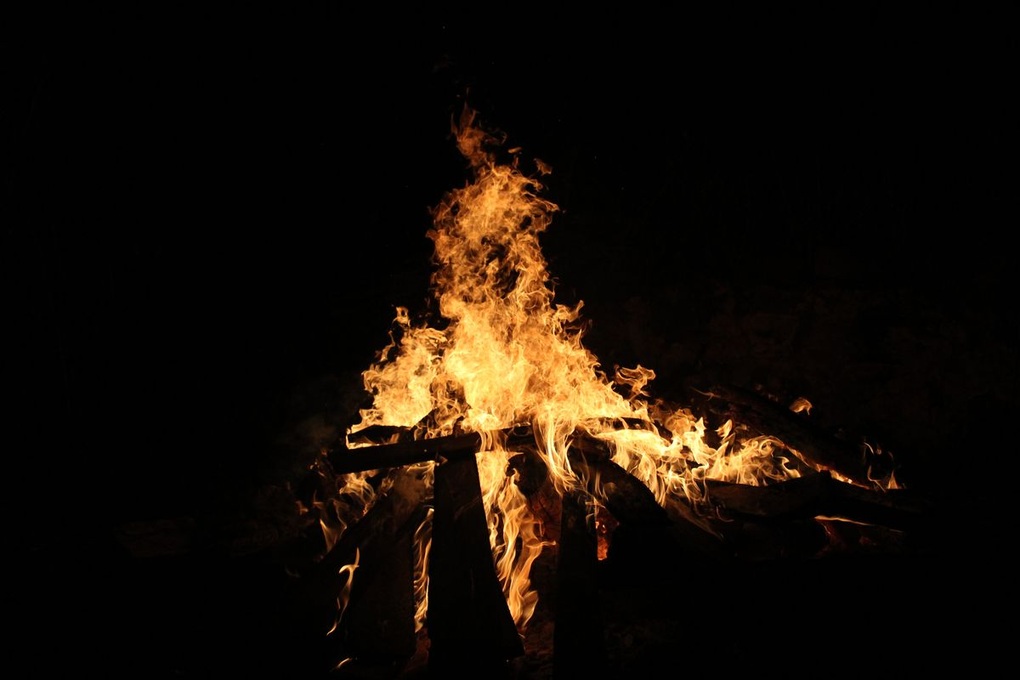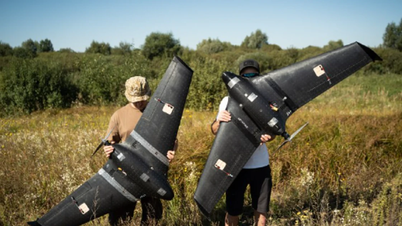
Fire may not have been a cooking tool in the early days of mankind (Photo: Getty).
Human mastery of fire has long been seen as a revolutionary turning point in evolutionary history, playing a central role in cultural and technological developments, from cooking food and keeping warm to extending the nighttime hours.
However, a new theory from Tel Aviv University (Israel) is challenging the traditional assumption, suggesting that the original motivation for using fire may not have been for cooking, but to preserve meat from large animals – a valuable source of energy for prehistoric humans.
Fire: A Tool for Preserving and Protecting Food
For a long time, the "Cooking Hypothesis" has been widely believed by archaeologists, suggesting that prehistoric humans, especially Homo erectus, used fire to cook food, making it easier to digest and facilitating brain development.
But new research suggests that smoking or drying meat was the original, important goal.
According to a research team led by Dr. Miki Ben-Dor and Professor Ran Barkai, the oldest archaeological sites with traces of fire, dating from 1.8 million to 800,000 years ago, did not record traces of grilled meat. Instead, these sites all contained large amounts of bones of large animals such as elephants, hippos, and rhinos. An adult elephant can provide millions of calories, enough to feed a group of people for a month.
Handling and preserving such huge quantities of food became a matter of survival. Left unprotected, meat would quickly spoil, being eaten by scavengers or microorganisms.
So the team hypothesizes that early humans used fire to ward off wild animals, and to smoke and dry meat, extending the shelf life of food.
New theory shapes prehistoric survival strategies
This research not only provides a plausible explanation for the practical uses of fire, but also forms part of a general theory of prehistoric human survival strategies.
Accordingly, Homo erectus relied heavily on energy sources from large animals, and this shaped all of its behavior, from hunting skills, movement, to even fire technology.
The use of fire for food conservation purposes is seen as a wise strategy to minimize the waste of energy – which is always scarce in harsh living conditions.
Only later, when humans mastered fire, did cooking food gradually become an important secondary function. Evidence of grilled fish at some archaeological sites has been found as early as 800,000 years ago, long after the first use of fire.
This theory opens up a new perspective, showing that humans did not simply learn to use fire to cook delicious food, but also to survive more intelligently. This is a step forward that shaped the entire process of evolution and later human civilization.
Source: https://dantri.com.vn/khoa-hoc/gia-thuyet-moi-ve-muc-dich-ban-dau-cua-viec-su-dung-lua-20250609102508077.htm


![[Photo] Nhan Dan Newspaper launches “Fatherland in the Heart: The Concert Film”](https://vphoto.vietnam.vn/thumb/1200x675/vietnam/resource/IMAGE/2025/10/16/1760622132545_thiet-ke-chua-co-ten-36-png.webp)




![[Photo] General Secretary To Lam attends the 18th Hanoi Party Congress, term 2025-2030](https://vphoto.vietnam.vn/thumb/1200x675/vietnam/resource/IMAGE/2025/10/16/1760581023342_cover-0367-jpg.webp)





























![[Video] TripAdvisor honors many famous attractions of Ninh Binh](https://vphoto.vietnam.vn/thumb/402x226/vietnam/resource/IMAGE/2025/10/16/1760574721908_vinh-danh-ninh-binh-7368-jpg.webp)
































































Comment (0)